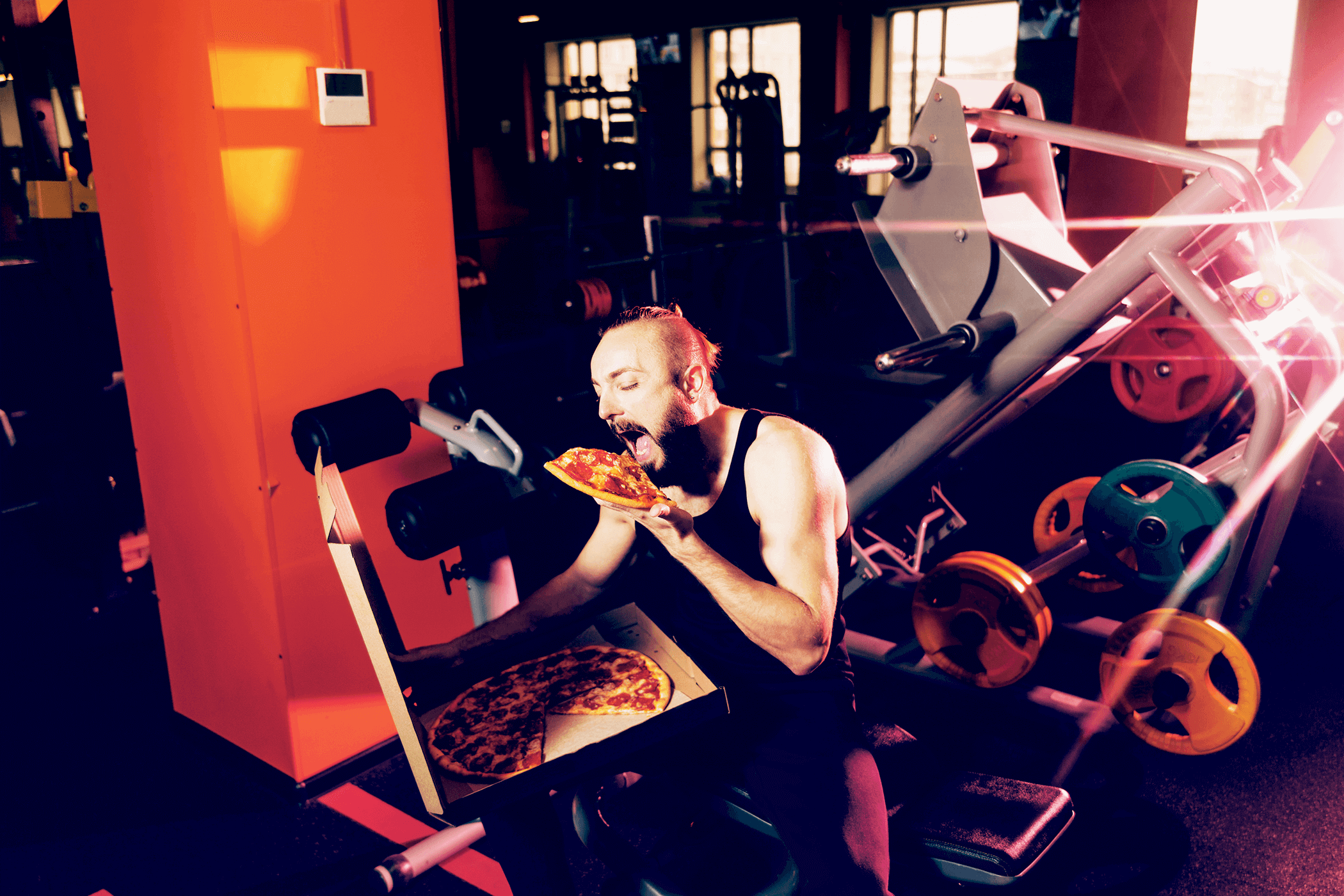Arguably one of the biggest boogeymen of health & fitness is eating in the evening/night time. From the classic “carbs turn into fat post 6pm” to data showing that eating most of your calories in the morning is better for weight loss, eating later in the day seems like a bad idea. But is it really?
Overview
What did they test? The researchers tested whether eating the majority of one’s daily calories earlier versus later in the day had any effect on weight loss and energy metabolism.
What did they find? Although the group that ate the majority of their calories earlier in the day experienced less hunger, both groups lost the same amount of weight and body fat with no significant differences in any of the energy metabolism outcomes measured.
What does it mean for you? If weight loss is your goal, ensure that you’re in a calorie deficit and consider consuming the majority of your calories earlier in the day if managing your hunger is something you struggle with.
What's the Problem
Regardless of being a fitness geek or not, you’ve probably heard the term “circadian rhythm or circadian cycle” before. A circadian rhythm is the body’s internal process that regulates the sleep-wake cycle and repeats approximately every 24 hours. It involves a host of different processes and functions running in the background affecting how our bodies work, our sleep patterns etc.
The circadian clock is what regulates the majority of physiological processes in the human body on a daily basis, including eating rhythms and the appropriate metabolic responses to that eating rhythm. Previous research has shown that circadian rhythms can influence how we eat and how our metabolism responds to that food intake, as the majority of processes pertaining to nutrition are controlled by our circadian rhythm 1. As a reader of REPS you are probably aware that energy intake is the main determinant of manipulating one’s body composition, with a calorie surplus required to gain weight and a calorie deficit required to lose weight. In the context of building muscle and burning fat it is possible, as discussed in previous issues of REPS, to gain muscle and lose fat in the absence of a deficit or surplus, but that may only be true for certain populations, ie: untrained and obese individuals, and is far from optimal.

Although “calories in versus calories out” is a simple concept to grasp, there are multiple factors that may affect one’s energy intake throughout the day, including physiological, psychological and social factors 1. This is why, despite the simplicity of the “calories in versus calories out” model you may hear that obesity is a rather complex subject, as managing one’s daily energy intake may not always be as simple as it appears to be. When and what we eat can be affected by a plethora of both internal and external cues including metabolic and neural signals as well as food availability and food palatability (ie: how tasty food is) - just to name some.
Food intake, hunger & appetite and hormones like insulin and cortisol are all being regulated by our circadian rhythm and therefore can play an important role in our ability to control our energy intake.
There’s evidence showing that well-timed and relatively stable eating patterns can have a positive effect on both circadian and metabolic regulation, as they may play a critical role in the synchronization of our circadian systems, especially for peripheral tissue clocks, essentially the clocks of peripheral tissues such as the liver, muscles and adipose tissue 1.
I’m pretty sure you’ve heard that “eating carbs in the evening/night will make you fat”, usually with some weird explanation along the lines of “your metabolism slows down”, something that we know is not true. Previous research has shown that biasing the majority of your intake in the early hours of the day may help increase satiety and therefore make it easier for one to consume fewer calories in the course of the day and positively contributing to weight loss versus some magical mechanism where your body converts food into fat past a certain time. The opposite has been found in some studies for people biasing the majority of their energy intake to evening/night time, with food consumed later in the day resulting in a less satiating effect and contributing to an increase in overall energy intake 2. A study by Jakubowicz et al 2 also found that in a group of 93 overweight women consuming iso-caloric diets for 12 weeks, the group that consumed the majority of their calories in the morning lost significantly more weight than the group consuming their calories at night, something that was also supported by the findings of a study by Garaulet et al 3.
That said, it’s important to take these findings with a grain of salt as above mentioned studies come with some limitations that may have played a role in the results observed. The Garaulet et al 3 study assessed energy intake via the use of “food diaries” and investigated energy expenditure by calculating the basal metabolic rate of each participant and then multiplying that with their individual activity level. They also assessed the time of eating using the morningness-eveningness questionnaire (MEQ) which essentially helps categorize individuals as ‘early birds', “night owls' 'or neutral based on their wake/sleep pattern. Which brings us to the following:
The main issues with the existing literature are:







